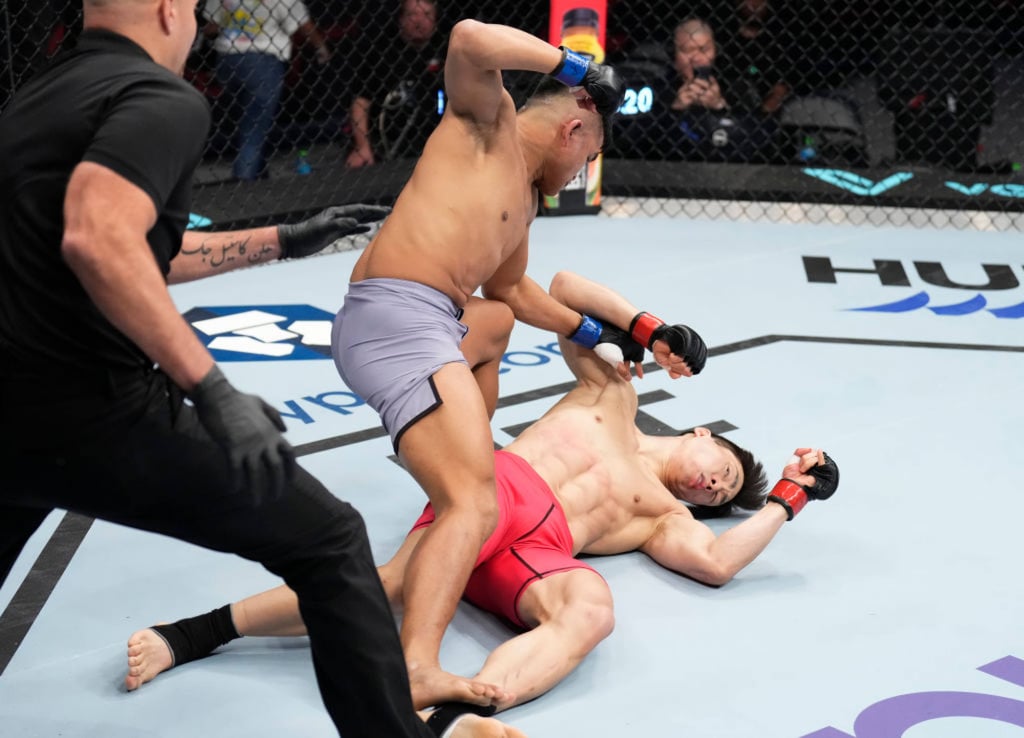Road to UFC: how Indonesia’s Jeka Saragih fights to lift his village out of poverty
- The 28-year-old lightweight is fighting for the future of his people, as he looks to become the first Indonesian to sign for the UFC
- ‘I think about all these things. So I never think of just winning the fight – I think about killing my opponent,’ Saragih says

Jeka Saragih carries the hopes of a nation this weekend as he sets out to become the first-ever Indonesian contracted to the UFC but it’s the 120 families that make up his mountain village home that he fights for every day.
“I do this because I feel I have to,” Saragih explains. “I fight because I want to help lift my people out of poverty and to inspire the young kids so that they are led away from the bad things in life.”
We’re speaking via video call and the 28-year-old Saragih (13-2) is in San Diego preparing for the finals of the Road to UFC Asia-wide talent search, which is being staged as part of the Fight Night 218 card in Las Vegas this weekend. It’s where Saragih will face India’s Anshul Jubli (6-0) with a UFC contract on the line for the winner but it becomes clear there are bigger forces at play here.
Saragih is quick to turn focus on to matters of life, and he often leans forward when he talks into the camera, as though to make sure he’s getting the point across, that, yes, there is a fight to talk about, but, also, he wants the world to listen to his story, too. He says his village is impoverished and that it has been forgotten.
“The thing that I love the most about becoming an MMA fighter is I can make my village known by people that live outside of my village and hopefully I can make my village known internationally,” says Saragih.

“For me, there is nothing special competing in Las Vegas because the most important thing is if I can bring a good impact on the people who live around me.
“I want the world to know what is going on, and hopefully the government or maybe even the president of Indonesia can know my village is still bad. There is no road, there is no telephone – and I want this to change.”